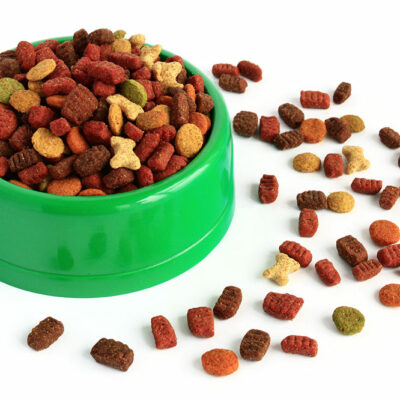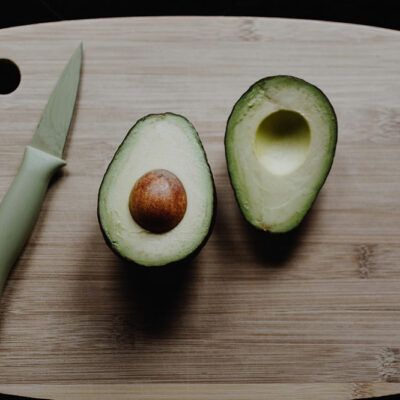
Treatment Options And Foods That Help Manage Atrial Fibrillation (AFib)
Atrial fibrillation (AFib) is a heart arrhythmia that is caused by changes to the heart’s tissue or electrical signaling that assists with heartbeat, resulting in a heartbeat that’s too slow, too quick, or beats irregularly. AFib can stem from patients who have gone through transcatheter aortic valve replacement (TAVR) surgeries, a minimally invasive surgery to replace an aortic valve that doesn’t open properly—it is reported that about 1 in 10 TAVR patients get new-onset AFib. It typically is not life threatening; however, it is a serious condition that requires treatment. To help manage and prevent heart failures caused by AFib, there are pacemakers for AFib, some of the best ECG/EKG monitors include EMAY Portable ECG Monitor and Wellue Portable EKG Monitor. Another way to help manage AFib is through your diet:
1. Vegetables
Vegetables offer great sources of vitamins, minerals, and antioxidants that are essential to your diet, thus keeping you and your heart healthy. Just be careful with certain vegetables if you’re taking blood thinners, as vitamin K found in high amounts in some veggies can block the medication—avoid or reduce amounts of kale, spinach, and cauliflower.
2. Whole-grains
Oats, barley, quinoa, whole grain bread, and brown rice are just some of the whole grains that you should be eating to help manage AFib. These should be consumed as an alternative to refined grains, such as white bread, pastries, and other foods made with white flour, as refined grains are stripped of many nutrients that are essential to your diet.
3. Olive oil
As an alternative to butter, and a much healthier one at that, try cooking with olive oil. Not only does it add to your meal in the same way that butter does, it comes with a lot of added benefits. Olive oil is full of healthy fats—it even contains monounsaturated fatty acids that are great for the heart.
4. Fruits
Fresh fruits are great for AFib management: bananas are high in potassium, berries (especially blueberries) contain powerful antioxidants, kiwi is loaded with magnesium, and many other fruits provide similar benefits. Some other fruits that are great for AFib include guava, cantaloupe, guava, papaya, apples, and pears.
5. Beans, peas, and other legumes
Green beans, peas, lentils, chickpeas, and soybeans are all examples of legumes. Legumes are good for AFib management as they significantly lower risks associated with the heart and high blood pressure. They’re packed with protein, fiber, iron, magnesium, and other nutrients that are essential to your diet. What’s more, legumes are low in fat and cholesterol, both of which have negative effects on heart health.


